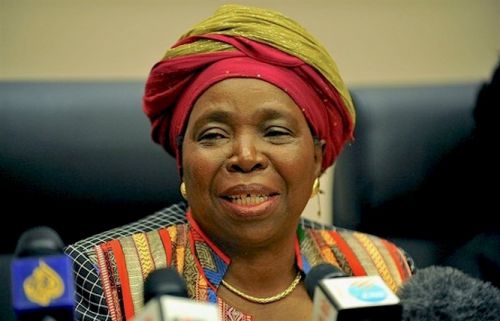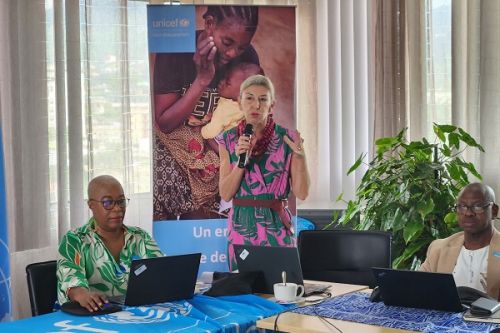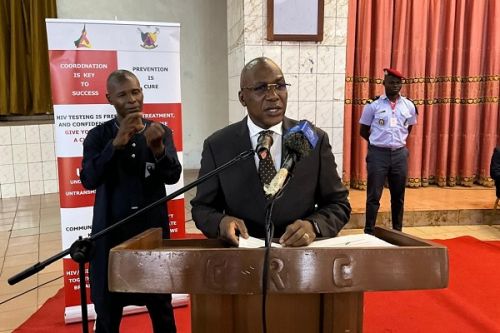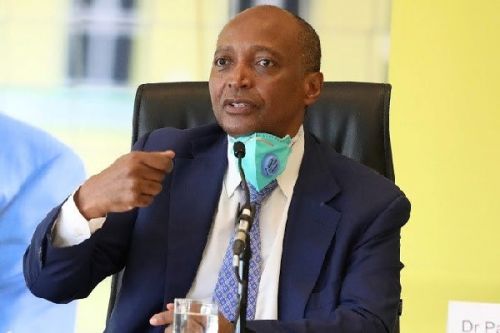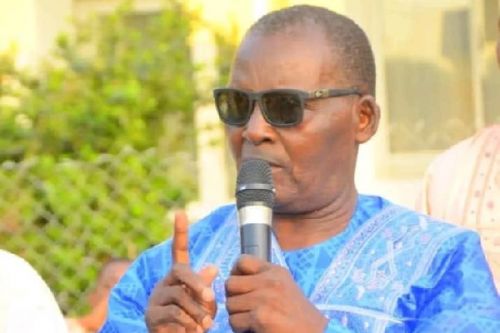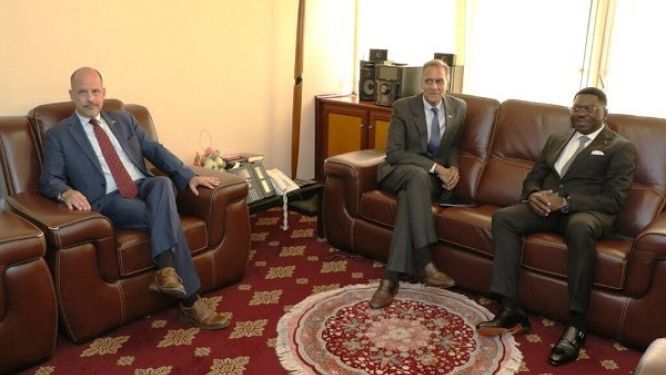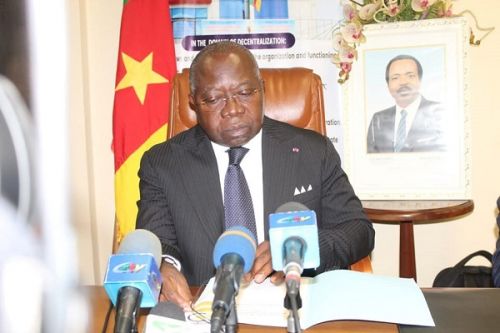The ink on the African Union (AU) press communiqué on the demands from the English-speaking citizens in North-West and South-West Cameroon has barely dried before this press release became the object of all kinds of interpretations. “The AU condemned Paul Biya’s regime”. “The African Union is condemning Etoudi”. “The African Union will take sanctions against Cameroon”, etc. This is a sample of what can be read on different discussion platforms on social networks.
However, if it is true that the AU indeed published a communiqué on 18 January on the situation in the North-West and South-West regions in the Republic of Cameroon, it never mentioned any condemnation whatsoever. In fact, in said document, the President of the AU Commission, Dr Nkosazana Dlamini Zuma, writes that she is following with concern the progress of the situation in the two English-speaking regions in the country.
Dr Nkosazana Dlamini Zuma “deplores the violence, the loss in human lives and the destruction of goods which occurred in some cities in these two regions of Cameroon”. She duly notes, “with great concern, the closure of schools and medical structures, as well as the acts of violence, arbitrary arrests and detention of individuals suspected of taking part in the protests”. The President of the AU calls for restraint and “encourages the continuation of the dialogue initiated by the government to find a solution to the social, political and economic problems which are the fundamental causes of the demonstrations”. Finally, the African Union Commission says it is ready to lend its support to the stakeholders. At no point was a condemnation mentioned.
As a reminder, English-speaking teachers and lawyers have been on strike since October 2016. They consider themselves marginalised by the French-speaking majority. Classes have stopped in the North-West and South-West, just like trials in courts.
Sylvain Andzongo





